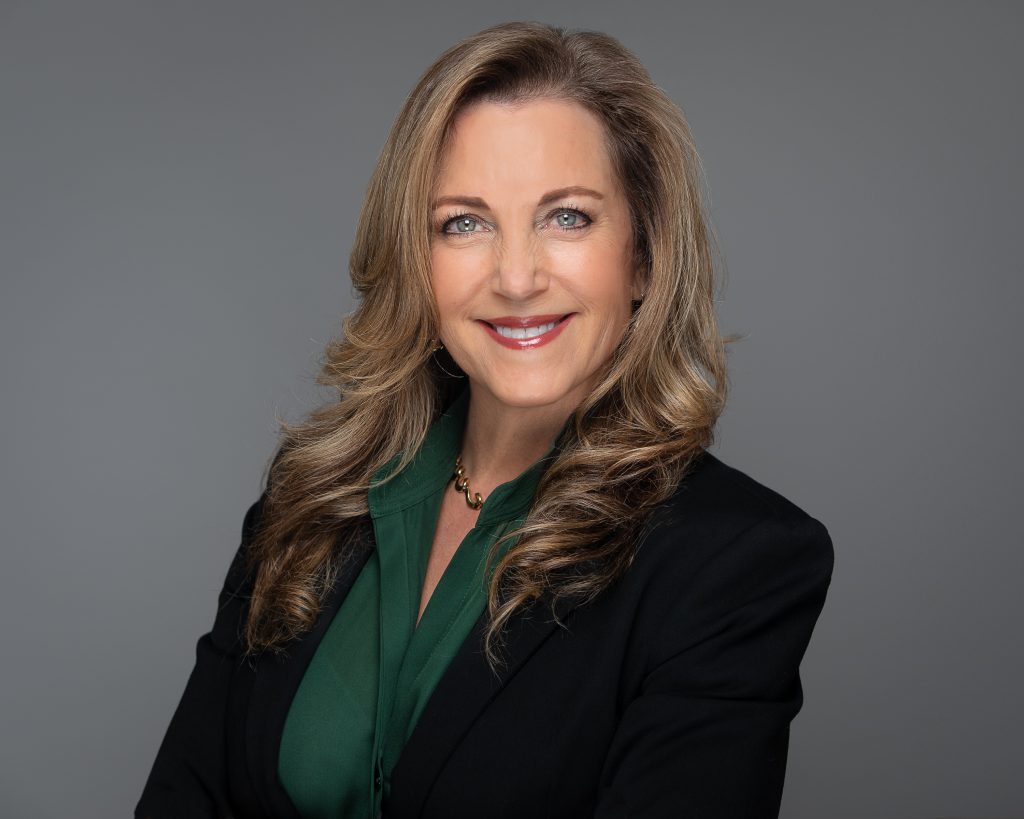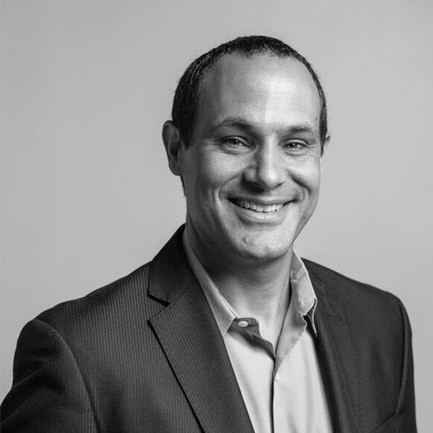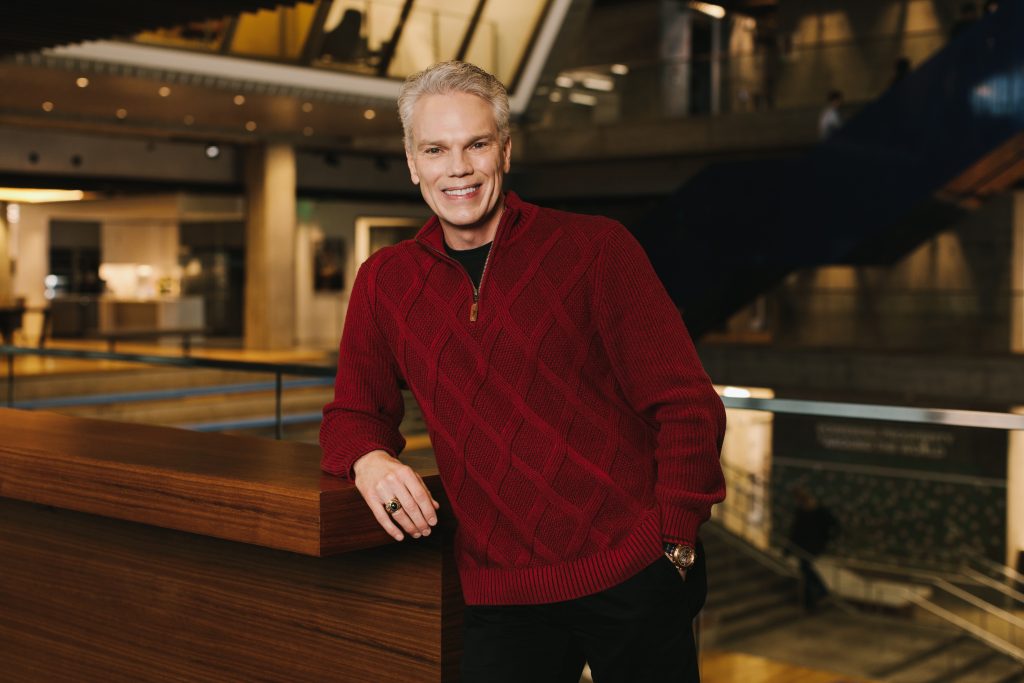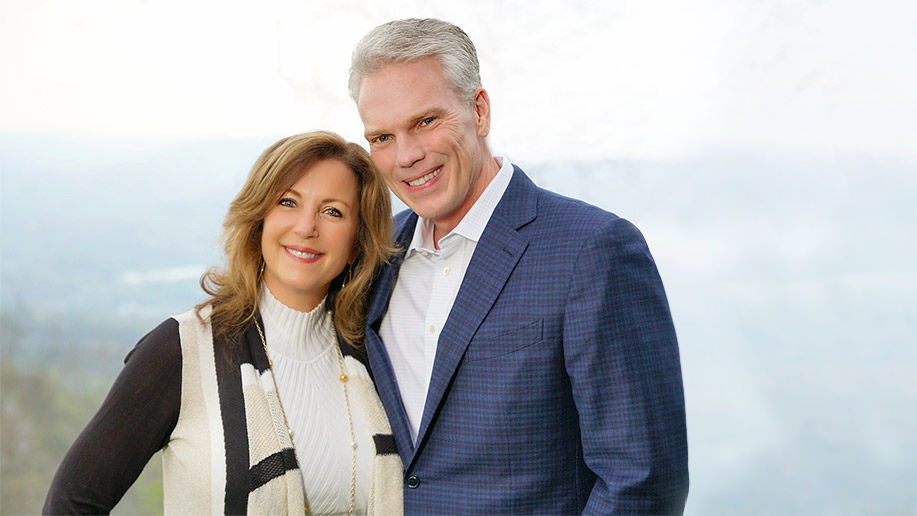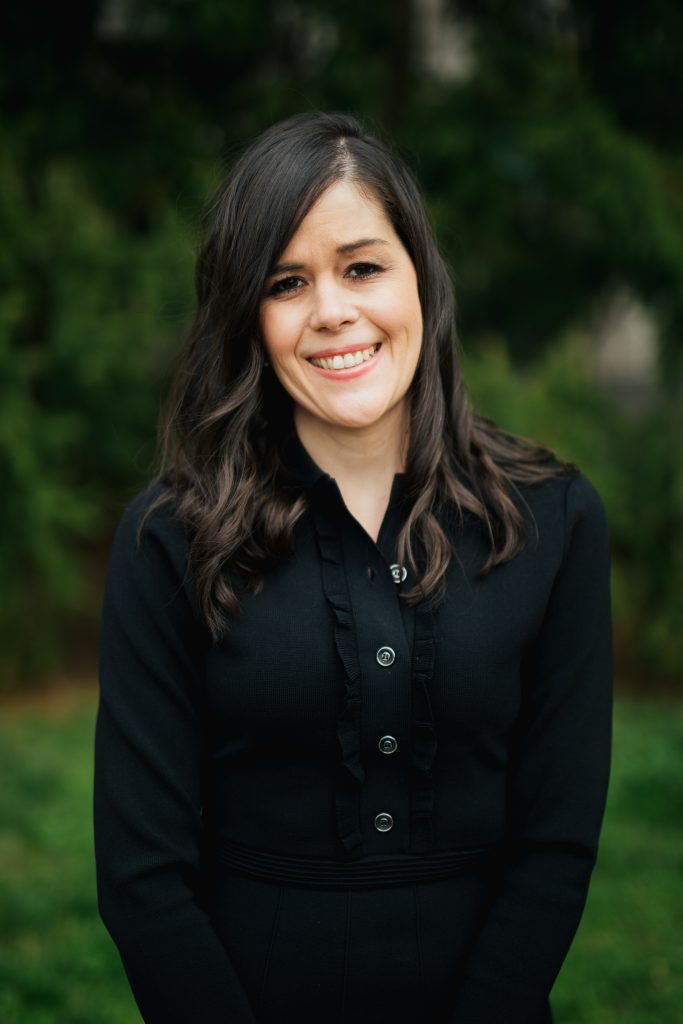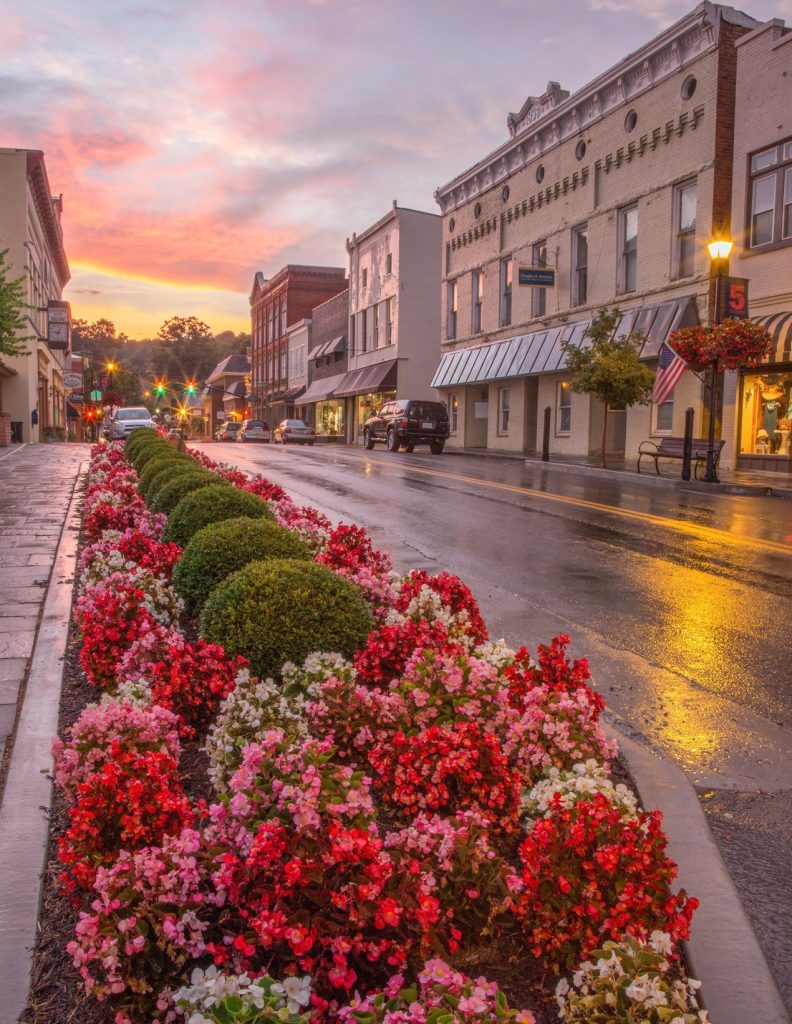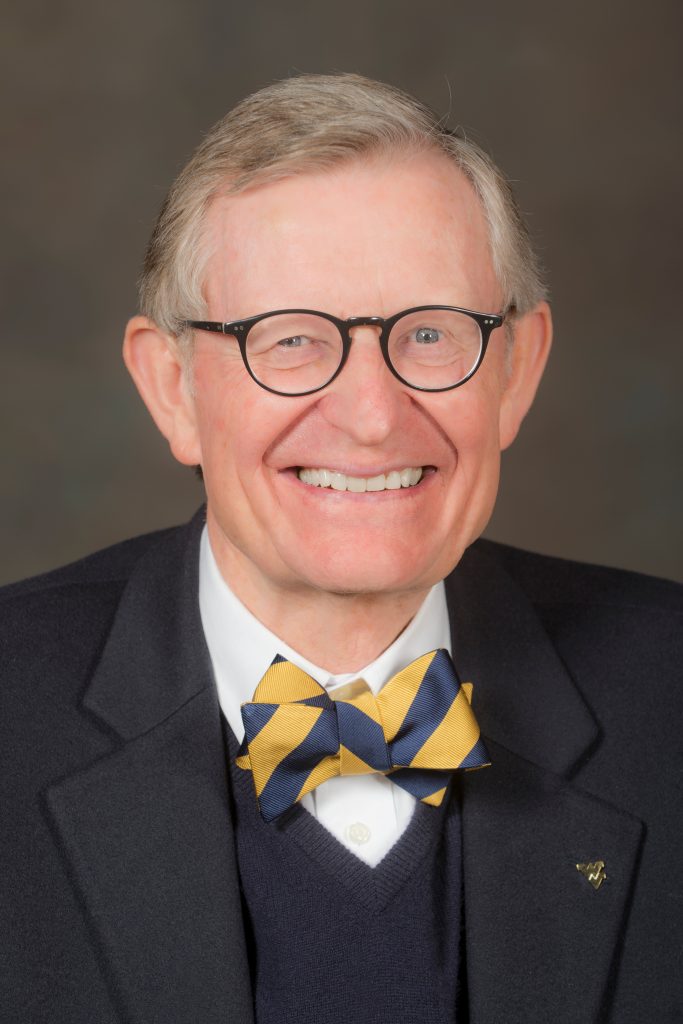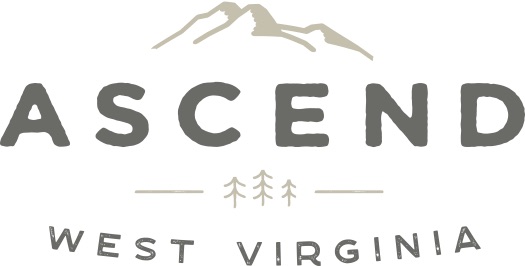By Matt Young, WV Press News Sharing
LEWISBURG, W.Va. – Ascend West Virginia announced, at a press conference held on Tuesday, that the program’s second group of recruits have begun making their way to the Mountain State. While Morgantown was selected as the program-area for the initial group, Ascend’s newest class – consisting of 33 people out of more than 3,600 applicants – will be located in the Greenbrier Valley.
“What an incredible day for West Virginia as we gear up to welcome these new men, women, and their families to the charming Greenbrier Valley,” said Brad D. Smith, President of Marshall University and co-founder of the Wing 2 Wing Foundation and Ascend West Virginia, in a statement released Monday evening.
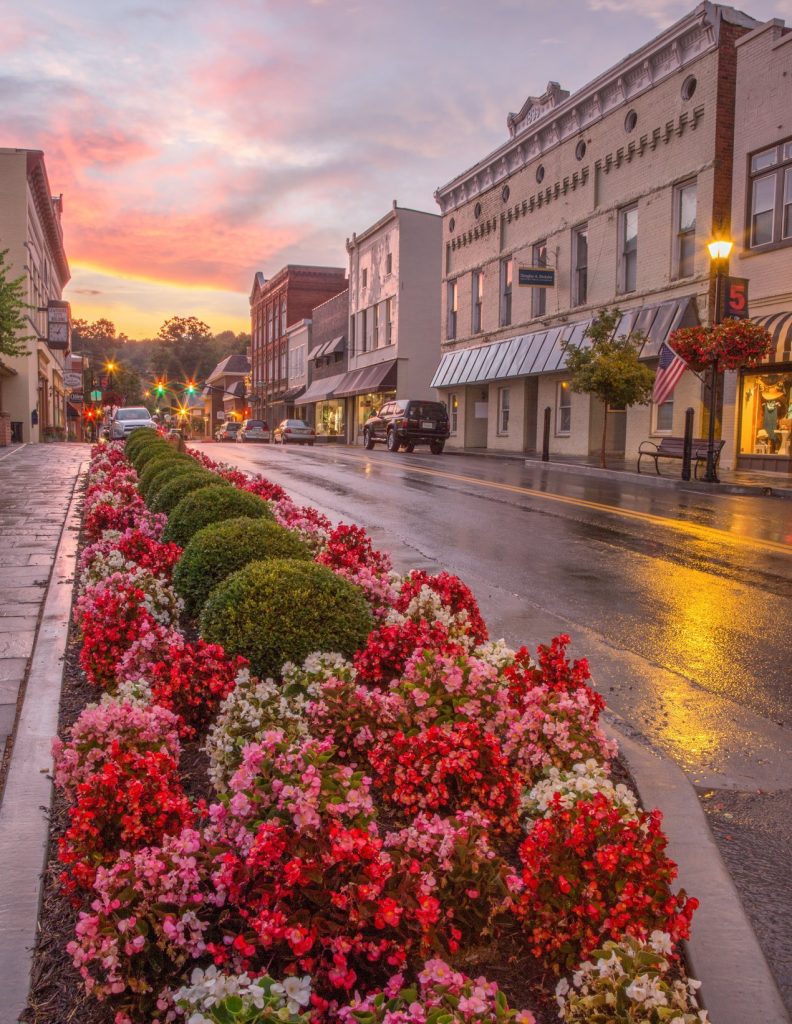
Among other benefits, the program offers a $12,000 cash incentive to those selected for relocation to the Mountain State. According to Smith, he and wife, Alys, founded Ascend West Virginia based upon the principles of “community, purpose and the outdoors.”
“We had 44 countries and 50 states send in applications for these 33 positions,” Smith said, during the press conference. “So it just speaks to how powerful the program is, and how enticing this amazing state is.”
“Ascend West Virginia is what we consider to be the nation’s premiere remote workforce recruitment-program,” Smith continued. “It was launched on April 12, 2021 – which happened to be the 50th anniversary of the release of John Denver’s iconic song ‘Take Me Home, Country Roads.’ And really, this program is designed to attract those who are fully employed, who are seeking the contemporary experience-driven lifestyle, and choose West Virginia as their forever home.”
Smith, who also served as CEO for Intuit until 2018, went on to explain that Ascend West Virginia “solves a strategic set of challenges by capitalizing on a secular opportunity.”
Smith cited the difficulties West Virginia has faced in attracting major employers to the state as a contributing factor to the decline in population.
“For many generations, our youth found the need to leave the state to pursue their career,” Smith said, before explaining how the upward-trend in remote work has changed the organizational-landscape of many industries. “And (now) many people have discovered the opportunity to live in a wonderful Hallmark-like community like West Virginia offers, while still being able to do the job of their choice with wherever their employer may be located.”
This latest round of participants marks the first group to be located in the Greenbrier Valley. As of Tuesday, Ascend is accepting applications for its second classes in both the Greenbrier Valley and Morgantown, as well as the first class to be located in the Eastern Panhandle.
“This is a time, particularly after COVID, where people just want to work where they play,” Alys Smith added. “This is a great opportunity, and we are just so excited to have all these new people coming into West Virginia.”
Including family members, the 33 applicants selected for participation in the program will bring a total of 61 new residents to the Greenbrier Valley – 15% of whom are native Mountaineers. The average annual salary of each participant is $125, 937. Previously, more than 110 people relocated to the Morgantown-area as part of the program’s inaugural class. As of this writing, Ascend West Virginia has received well over 11,000 applications from around the world, and has a program acceptance-rate of less than 1%.
“We joke that we’re harder to get into than Harvard,” added Dr. Danny Twilley, assistant vice president of Economic, Community and Asset Development of the Brad and Alys Smith Outdoor Economic Development Collaborative. “But really, what that shows is the power of what this program offers us as a state.”
Chelsea Ruby, Cabinet Secretary of the W.Va. Department of Tourism, then spoke for several moments on the specifics of the Greenbrier Valley-class, saying “We received just over 3,600 applications. To give you a little perspective, Lewisburg itself has just over 3,700 people – so we had almost as many people apply as are current residents of the city.”
Ruby went on to say that program participants come from a wide-array of industries; including technology, advertising, computer system design, scientific and technical services, and management.
“We’ve got Deloitte, KPMG, UC Berkeley, Cisco, Verizon, California Certified Organic Farmers,” Ruby added. “So really there’s a little bit of everything here, and they make up a truly diverse group.”
“What really drew me to this position and program is the ability to shape the future of our state,” said Ryan King, Ascent West Virginia Greenbrier Valley experience coordinator. “West Virginians are some of the best people on the planet. I’m excited to showcase our state – and introduce the newest West Virginians to our state.”
King continued to say that he has been highly involved in the applicant selection process “from the start to the finish,” before introducing “Ascenders” Ben Isenberg, Maggie Blume, Julio Castillo and Andrew Neely as the Greenbrier Valley’s newest residents.
Neely, an Air Force veteran with roots in the Greenbrier Valley, returns to Lewisburg from Melbourne, Florida, where he worked on NASA’s Artemis Project. An alumnus of Greenbrier East High School. Neely currently works as a Senior Contracts Manager with Primer AI, a San Francisco-based artificial intelligence company.
“Here in Lewisburg there is a true sense of community,” Neely said. “I didn’t even realize that was lacking until I got back.”
Through a partnership with Rocket Mortgage, all Ascend West Virginia applicants, whether selected or not, are eligible to receive $3,500 in mortgage assistance should they choose to move to West Virginia. But according to Smith, all applicants received another gift, as well.
“For those that applied but didn’t get selected, we made sure that every one of them won,” Smith added. “They all received West Virginia wildflower seeds so they could plant West Virginia in their backyard.”
Ascend West Virginia hopes to welcome a total of 1,000 remote workers to the Mountain State within the next five years.
